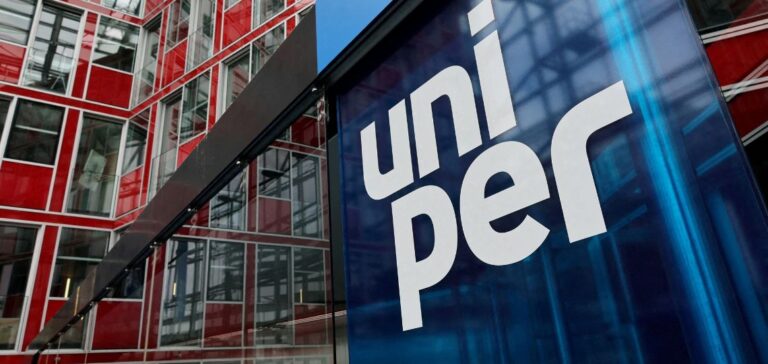Uniper has announced the reactivation of the Happurg pumped-storage power plant east of Nuremberg, with an investment of 250 million euros. The project is designed to strengthen Bavaria’s energy infrastructure and stabilize electricity supply in southern Germany, a region with high industrial demand.
Capacity and Rehabilitation
The Happurg power plant, closed in 2011 for safety reasons, has a capacity of 160 MW and can store around 850 MWh of electricity. Uniper carried out geotechnical studies and developed a rehabilitation plan approved by the local authorities. The plant is scheduled to return to service in 2028, once the rehabilitation work has been completed.
Technical and economic background
The reactivation of the plant comes at a time when pumped storage facilities are essential for balancing fluctuations in renewable electricity production. These facilities are under economic pressure due to current remuneration mechanisms, which do not sufficiently reward their contribution to grid stability.
Uniper’s strategy
This decision is part of Uniper ‘s wider strategy to strengthen its energy storage capacities and invest in reliable energy infrastructures, particularly in hydrogen and natural gas. By reactivating the Happurg power plant, Uniper aims to meet the growing demand for electricity in southern Germany and improve the resilience of the electricity grid.
Implications for the Energy Market
The reactivation of the Happurg plant could have significant implications for the local energy market, by increasing available storage capacity and helping to stabilize electricity prices. This project could also encourage other players in the sector to invest in similar solutions to meet the challenges posed by intermittent renewable energies.






















